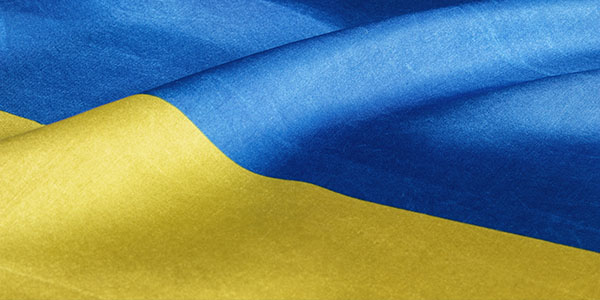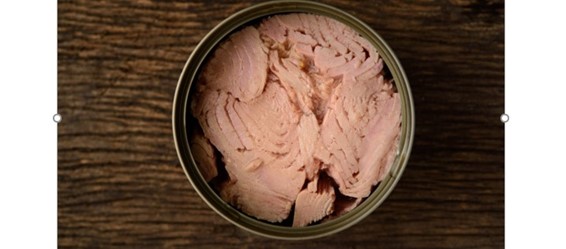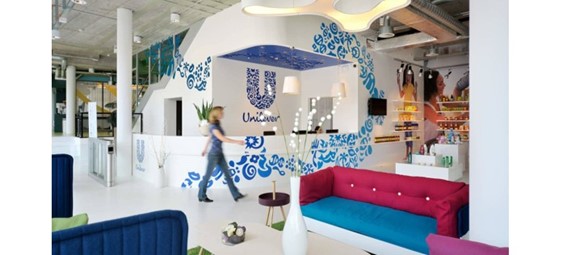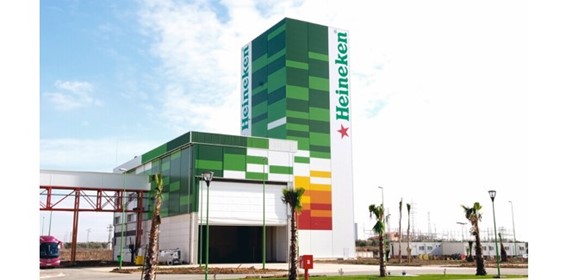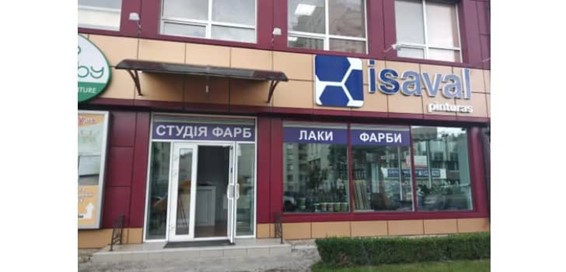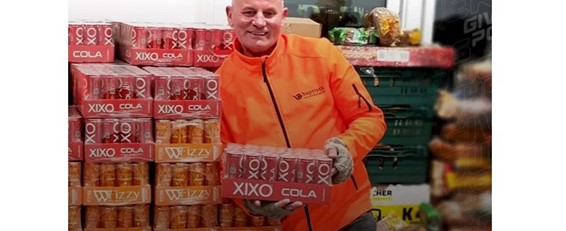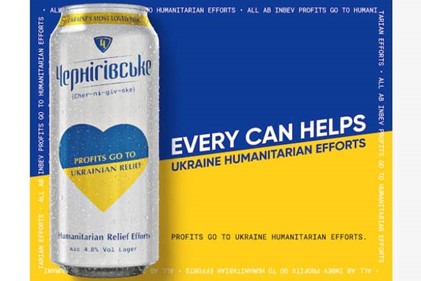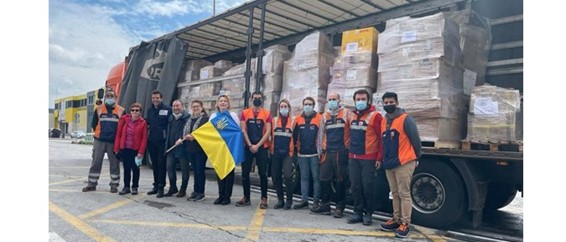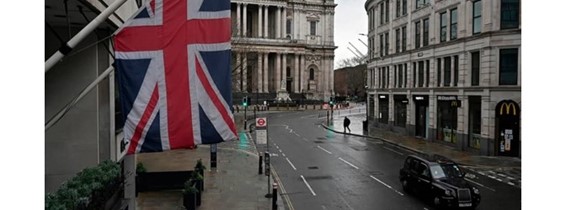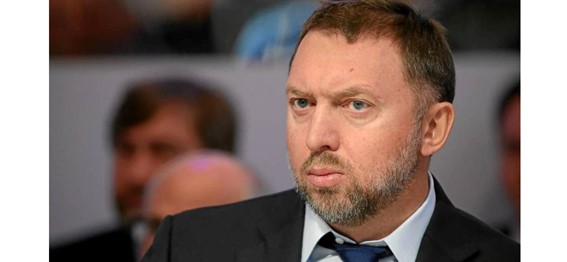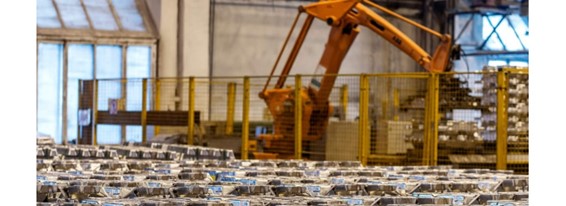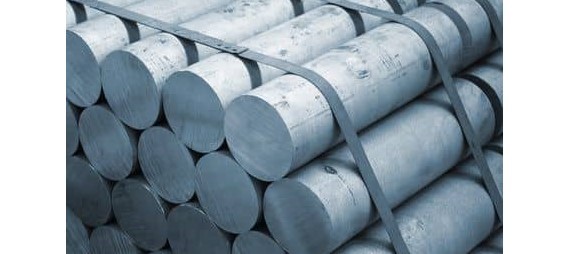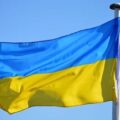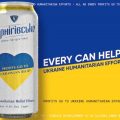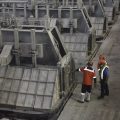Russia and Ukraine are major exporters of raw materials, from wheat and grain to oil, natural gas and coal, gold and other precious metals. What has been demonstrated is that they play a strategic role in world markets. The current armed conflict between the two countries is holding half the world in check with unforeseeable economic consequences.
Aluminum: a key sector at risk
Concern and uncertainty also affect the export of metals such as aluminum, nickel, palladium and iron. One of the most obvious is aluminum. Russia is the world’s third largest producer of this mineral, behind China and India, and exports a large part of its production to countries such as China, the United States, Japan, Turkey and the European Union (EU) bloc. It also represents between 4% and 6% of the world’s copper, aluminum and nickel production.
In recent months, the increase in the price of aluminum, zinc or nickel has been increased by transportation difficulties. The two major shipping and container shipping lines, MSC and Maersk, decided to suspend services to Russia weeks ago, joining Japan’s ONE and Germany’s Hapag Lloyd.
A large volume of aluminum and copper is transported daily between St. Petersburg in Russia to the European ports of Rotterdam and Flesinga in the Netherlands. Another reason for the rise in prices has been due to the reduction of inventories, which, in the case of aluminum, has fallen to critical levels.
In the case of Europe, metal smelters were also forced to reduce their production due to soaring energy prices. It is no coincidence that the two countries involved in this conflict are major producers of metal, many of which are used extensively in everyday life, such as food and pharmaceutical packaging, household appliances, computers, etc.
Increase in global commodity prices
Russia is one of the world’s largest suppliers of metals used in everything from aluminum cans to copper cables and automotive components. It is the fourth largest global exporter of aluminum and one of the world’s top five producers of steel, nickel, palladium and copper.
Ukraine is also a major producer of industrial metals and has a significant share in the export of palladium and platinum. This means that, due to the invasion in Ukraine, we could see an increase in prices for canned goods and copper wiring.
The situation has been described as “catastrophic” by many countries, particularly the poorest. Experts warn of the consequences of what they call “extreme volatility” in the markets as a result of the invasion in Ukraine.
Experts say prices are likely to continue to rise for the duration of the war, as there are few alternatives to replace Russia’s exports of approximately five million barrels per day. Even countries with low Russian energy imports are feeling the impact, as the measures have increased already high wholesale prices. The Russian industry company Rusal forecasts a shortage of 1.7 million tons of aluminum this year.
The canning sector on alert
The problem for the Spanish canning industry is not small. They stake no less than 56% of their production, while the remaining 44% is bottled in olive oil. Until a few months ago, some of this oil came from Ukraine.
This is of the utmost concern since Spanish companies in the sector use 98,000 tons of vegetable oils each year. The canneries had insured sunflower oil purchases for a six-month period, but Ukrainian refineries are at a standstill, ships are not moving through the Bosphorus Strait and insurers are not taking over as it is a war situation, so the industry could now face a shortage. There are few alternatives and those that are available are more expensive. This is why canneries look for substitutes such as soybean oil in order to maintain the same quality.
Companies ceasing to operate in Russia
Sanctions from the international community, as well as from major companies, have not been long in coming. Companies such as Unilever, Heineken and Coca-Cola have stopped all activities in Russia.
Consumer goods giant Unilever has announced that it will no longer invest capital in Russia or benefit from its presence in the country. Unilever will continue to supply its essential food and daily hygiene products made in Russia to the people of the country. It will also donate €5 million worth of Unilever essentials to the humanitarian relief effort for Ukrainian refugees.
Heineken is another of the multinationals that has decided to make a clean break with Russia, suspending all exports to the Russian mainland and halting any planned investments. The same goes for Coca-Cola, which has also joined the long list of multinationals that have adopted sanctions against Russia by suspending its operations in the country following the invasion of Ukraine.
Humanitarian aid to Ukrainian refugees
The international community has turned its attention to the Ukrainian refugees and there is an outpouring of solidarity from individuals and companies everywhere. Donation campaigns are also reaching Ukraine. The multinational company Rio Tinto announced that it will send 5 million dollars in humanitarian aid to the Ukrainian population.
The paint company ISAVAL stands out for its own pigmentation systems, both for point of sale and for industrial dosing, its integral systems for the rehabilitation of facades and Energy Rehabilitation, has shown its support to the population.
The Hell group in support of their Ukrainian neighbors has donated vitamins and canned tea, as well as clothes, bags, blankets and towels to those fleeing the war situation in Ukraine. The donation, worth a total of 130,000 euros, will be distributed mainly by the Baptist Charity Service at the Tiszabecs, Kölcse and Túristvánd border crossings and at the Nyugati train station.
The Budwaiser brewery has just launched a special edition canned beer for charitable purposes, with all the money raised going to Ukrainian refugees.
Aludium, the leading supplier of aluminum alloys used in the manufacture of closures and bottle caps, has helped to send humanitarian aid to Ukrainian refugees.
Sanctions against Russia
The international community’s sanctions against the Russian giant remain in place. The Australian government has imposed a battery of sanctions against 11 banks and government entities and two Russian oligarchs with business interests in the oceanic country over Russia’s invasion of Ukraine.
The British government has also announced the imposition of new economic sanctions against Russia. As a result, the Johnson administration has banned exports of high-end luxury goods to Russia and imposed new import tariffs of 35 percent on iron and steel imports from Russia and Belarus, in addition to existing tariffs.
These developments are expected to affect the activities of Russian companies in various sectors of the economy. Partly due to rising geopolitical tensions, since February 2022 there has been a significant increase in volatility in the stock and currency markets, as well as a significant depreciation of the ruble against the U.S. dollar and the euro.
Long-term consequences
Undoubtedly, Ukraine will be the worst off and Europe will have to be present to help rebuild this country, which will be devastated in all aspects. Russians will also continue to be affected, following the flight of thousands of international companies and with the considerable devaluation of the ruble.
At the economic level, Europe is facing a complicated situation because after two years of pandemic and restrictions from which it had not yet recovered, it is going to suffer a significant rise in inflation. This situation could be similar to the oil crisis of the 1970s, which resulted in very high levels of unemployment. The effects of the war in Ukraine are already beginning to be felt around the world.

